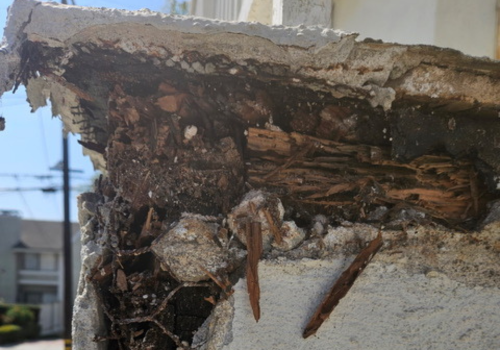
Construction President Charged in $5M Tax Fraud
A Bronx construction executive has been arrested for allegedly masterminding a multi-million-dollar fraud scheme, pocketing money meant for employee payroll taxes and faking documents to keep lucrative contracts flowing.
Federal prosecutors say Nigel Kenneth Joseph, founder of masonry subcontractor BWK, deliberately failed to pay millions in required payroll taxes while living large on money meant for his workers and the IRS.
“As alleged, Nigel Joseph didn’t just shortchange his workers—he lied about it, falsified records, and pocketed the money for himself,” said U.S. Attorney Jay Clayton for the Southern District of New York. “Then he allegedly defrauded the public by ducking millions in taxes. That’s not entrepreneurship that fuels growth—it’s fraud that erodes trust.”
The scale of the alleged misconduct is staggering. Between 2019 and 2021, BWK raked in at least $10 million working on construction sites across New York, New Jersey, and Connecticut — including school projects on Long Island. But investigators say that instead of collecting and paying the taxes required by law, Joseph used company funds to lease luxury cars — including a BMW 3-Series, a BMW 5-Series, and a Mercedes GLE — buy courtside NBA tickets, a Rolex watch, and fund trips to the Dominican Republic and Jamaica.
“When a person purportedly leases luxury vehicles, buys NBA tickets and travels to tropical islands instead of paying payroll taxes for his employees, it is the American people who are victimized,” said IRS-CI Special Agent in Charge Harry T. Chavis, Jr. “There is no turning a blind eye to this egregious fraud.”
False Certified Payrolls
According to the unsealed complaint, Joseph didn’t stop at unpaid taxes. To keep his contracts funded, he allegedly falsified certified payroll documents — the official reports that show who worked, how much they earned, and what taxes were withheld.
Investigators say Joseph texted detailed instructions to an employee on how to fake these records, including directing that himself, his wife — who never performed construction labor — and others be listed as laborers on projects they never worked on.
In one text, he wrote: “Put [an employee], [another employee], yourself and one other laborer” on site reports, though the employee handling payroll never actually worked on site.
When an employee raised alarms that the fake hours could raise suspicion, Joseph allegedly replied: “Damn . . . I’m thinking I should not have put everyone working 35 hours every week.” In another exchange, Joseph admitted they would “fake it until we make it.”
The fake payroll reports allowed Joseph to unlock $1.96 million in contract payments, prosecutors say.
Millions Owed
In total, IRS-CI says Joseph failed to pay about $2.9 million in taxes on behalf of his workers and another $750,000 as the employer’s share. Interviews with employees and partners reveal that Joseph openly bragged about dodging taxes — one employee told investigators Joseph claimed the IRS wasn’t paying attention during the COVID-19 pandemic.
Joseph, 45, of Bergenfield, New Jersey, now faces 14 federal counts — including multiple charges for failing to pay payroll taxes (each carrying up to five years in prison), conspiracy to commit wire fraud, wire fraud (each up to 20 years), and aggravated identity theft, which mandates an additional two years in prison if convicted.
“As always, the charges are merely accusations, and the defendant is presumed innocent unless and until proven guilty,” federal prosecutors noted.
‘No Turning a Blind Eye’
The case highlights a serious vulnerability in the construction sector, where certified payrolls are a critical check against wage theft, tax evasion and contractor fraud — and where fraudsters can harm both workers and taxpayers if oversight slips.
The investigation was led by IRS-CI, and the case is being prosecuted by the Office’s General Crimes Unit, with Assistant U.S. Attorney Ryan T. Nees handling the prosecution.
Key takeaway
This case serves as a warning that defrauding workers and the government can carry serious consequences — and that, in the words of Special Agent Chavis, “There is no turning a blind eye to this egregious fraud.”
Originally reported by U.S. Attorney's Office, Southern District Of New York.

.webp)





